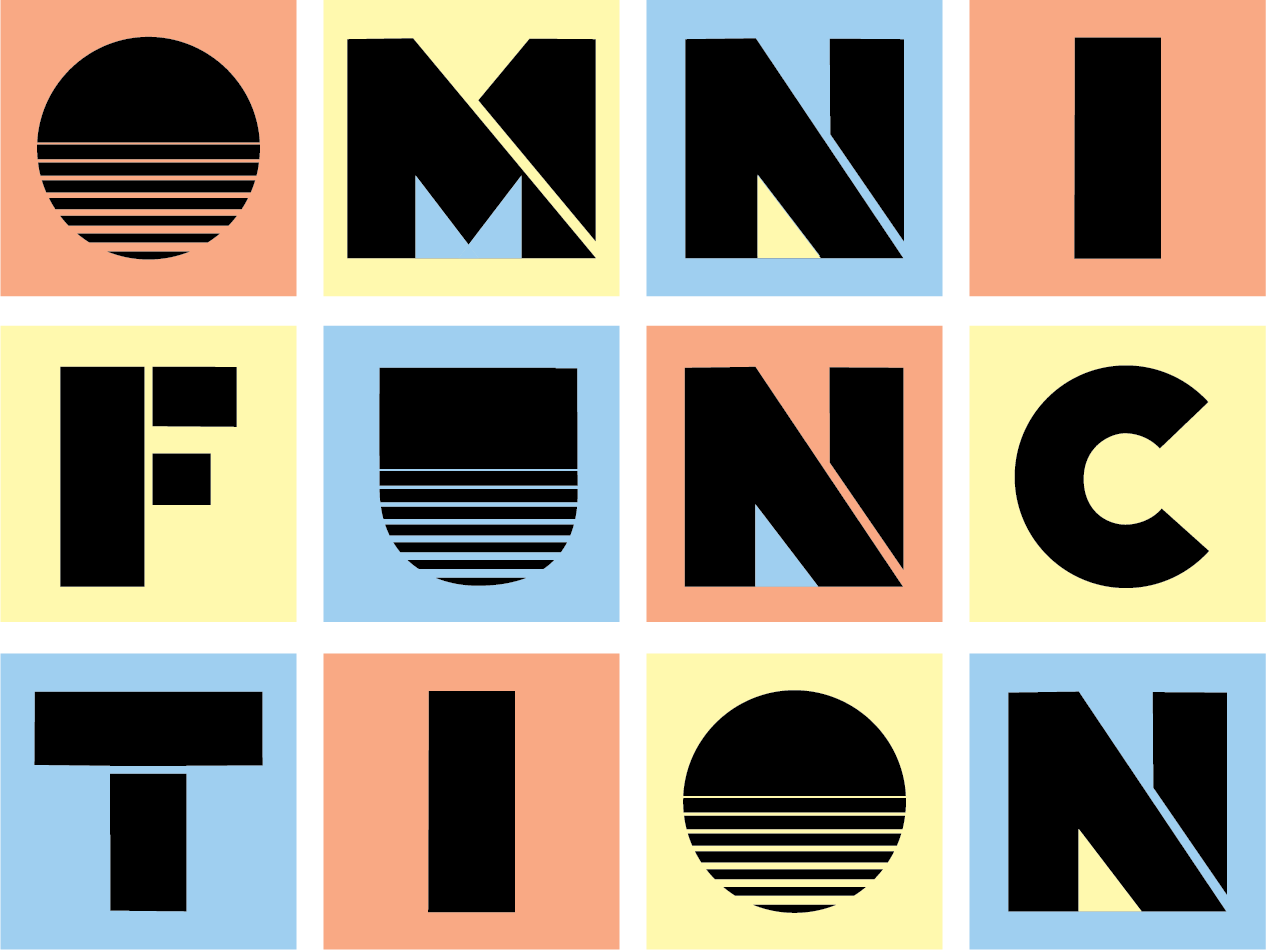Recover Better to Max Out Your Workouts (And Your Life)
Disclosure: This blog post contains affiliate links. By clicking on the affiliate links in this post, not only do you get to find great products at no extra cost, but you also support my blog, as I may receive a small commission for purchases made through these links.
You know that phrase “less is more?” It’s kind of a metaphor for recovery activities. You can go balls-to-the-wall in your workouts, but if you aren’t recovering optimally, your efforts in the gym might be wasted — or at least diminished. Whether your goal is to build muscle, lose weight, or age in a healthy way, recovery is key.
Recovery is how we help our bodies deal with stress, which doesn’t just benefit you with your fitness goals. It benefits everything: you’ll deal with people better, be in a better mood, and help manage things like depression, OCD and ADHD.
Crash Course: The Central Nervous System
Your Central Nervous System (CNS) has two sides (or modes), called the Sympathetic Nervous System and the Parasympathetic Nervous System. The Sympathetic Nervous System (SNS) is in charge of body’s fight-or-flight mode, also known as the stress response. It is activated by stress, and its purpose is to make you alert and ready to take care of business. The Parasympathetic Nervous System (PNS) is the rest-and-digest side of the CNS, which we’ll call the recovery response. Its job is to help your body repair itself, digest food, and eventually be ready for the next stressor that comes your way. It is supposed to automatically switch on when you’re out of danger, but these days it is a little harder to activate, what with all the constant stress and overstimulation we are exposed to in our modern lives. Getting the results you want in the gym has everything to do with making sure the PNS functions optimally and the recovery activities that help switch it on.
How to Activate Your Recovery Response
Even though it can be tricky to build habits that help your PNS switch on, the good news is that there are lots of things you can do.
Activate your recovery response for better results in the gym — and in life!
Yoga & Pilates
Dancing
Cold water swimming
Stretching & mobility work
Massage
Acupuncture & dry needling
Cupping
Chiropractic
Reiki
Meditation
Singing, chanting, & mantras
Spiritual practice
Breathing drills
Water floatation
Cryotherapy & ice baths
Sauna or steam room
The Importance of Sleep
All of the things mentioned above are great, but if you aren’t getting uninterrupted, high-quality sleep for 7-9 hours a night, you’re missing out.
Even if you believe your sleep is already good, review this list for ideas to enhance it further. Quality sleep is essential for stress management, so prioritize getting 7 to 8 hours of uninterrupted sleep each night.
Limit Caffeine: Avoid caffeine after noon and keep intake below 200 mg daily (about 2 cups of coffee).
Morning Sunlight: Spend 10-15 minutes in sunlight early in the day to help reset your circadian rhythm.
Reduce Evening Blue Light: Avoid blue light from screens a few hours before bedtime. Use blue light filters on devices and limit their use an hour or two before bed.
Light Bulb Choice: Use “soft white” (2700-3000K) bulbs instead of “daylight” or “cool white” bulbs to create a sleep-friendly environment.
Avoid Overhead Light: Use lamps for softer, indirect light.
Nighttime Routine: Include stretches, breathing exercises, or meditation.
Pre-bed Bath or Shower: Take a bath or shower to help transition to rest time. Add Epsom salts for relaxation.
Optimal Sleep Environment: Sleep in a cool (60-67°F), dark room with blackout curtains. You can even invest in travel blackout curtains for when you’re on the road.
Fresh Sheets: Keep sheets clean and use an essential oil spray for freshness.
White Noise: Use a box fan or sound machine instead of unpredictable TV or radio.
Essential Oils: Use a diffuser with relaxing scents like lavender, chamomile, or sandalwood.
It’s Now or Never
The lack of recovery over time leads to all sorts of nasty things — premature aging, medical conditions, decreased performance, decreased cognition, and chronic inflammation. The compound effects of not recovering take a while to reverse, so starting right away isn’t just “an option,” it’s the only option.
Need help getting started? Schedule a no-cost consultation now!

